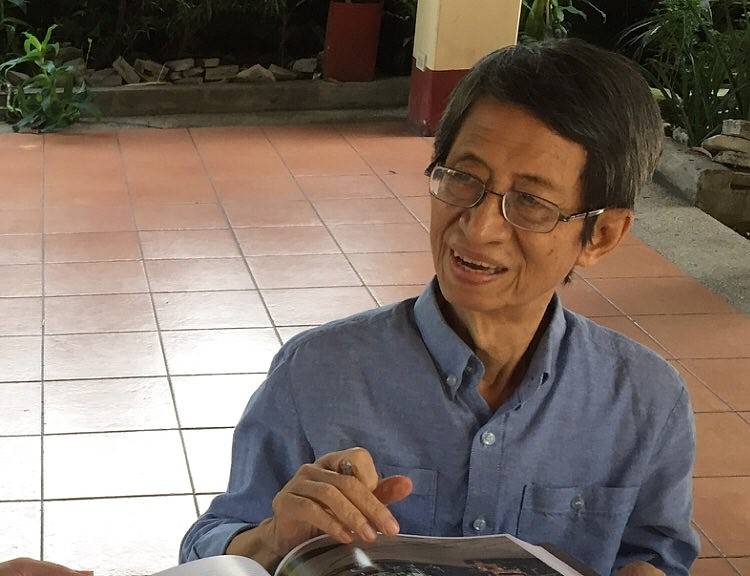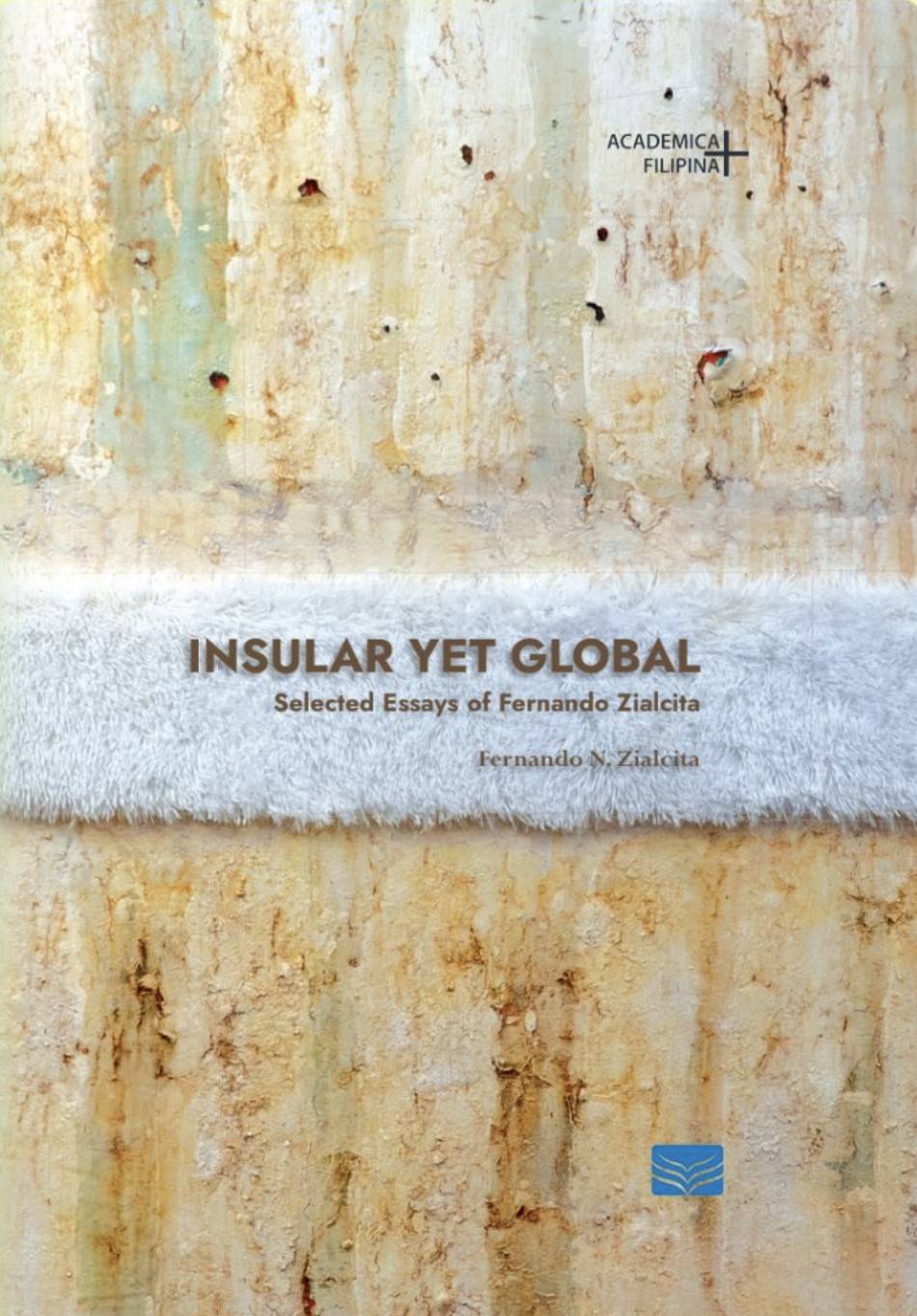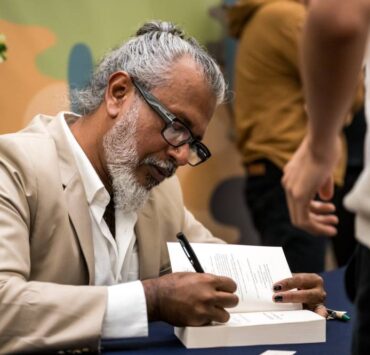A deep dive into PH history and identity

During the recent Manila International Book Fair, Vibal Publishing launched an important publication that encapsulates Fernando Zialcita’s enduring scholarship on Philippine culture and history.
Composed of essays written in the past two decades, “Insular yet Global: Selected Essays of Fernando Zialcita” explores the intricacies of Philippine history and identity from its island setup to its cosmopolitan character.
This is the latest and most defining work so far by Zialcita, a historian, anthropologist, and professor emeritus of the Ateneo de Manila University, who brought to the Philippines and beyond classics such as “Philippine Ancestral Houses” in 1980 and “Authentic Though Not Exotic: Essays on Filipino Identity” in 2005.
In the book, he explores the country’s indigenous identity, the outside influences that help shaped it, and at times, the tensions in between.

He discusses the many aspects of Philippine history and lifeways through well-placed arguments, in-depth analysis, and strategic examination of previous studies and postulations.
Included in his discussions are topics on agriculture and land ownership; Filipino “particularistic values”; nationalism; and the Manila-Acapulco Galleon Trade and its effects and consequences not only in the Philippines and Mexico but also in other Asian countries, the Americas, and Europe.
He likewise examines Filipino identity and intangible heritage, native textiles, the Black Nazarene of Quiapo, and other topics touching on indigenous architecture, the plaza, and Philippine culinary heritage.
Through his essays, the country emerges as a product of exchanges through explorations, trade, and religion, resulting in adaptations and the melding of cultures.
Filipinos “must steel ourselves against the shock of finding in our part of the world a nation whose matrix derives from both pre-Austronesian and Austronesian cultures, yet with cultural influences drawn from three continents: from Asia, largely Chinese but also the Malay, the Arabic, and others; from Europe, largely Spanish but also others; from America, largely Anglo-American and Mexican but also others,” writes Zialcita. This must be done “for this nation to be ourselves.”

















